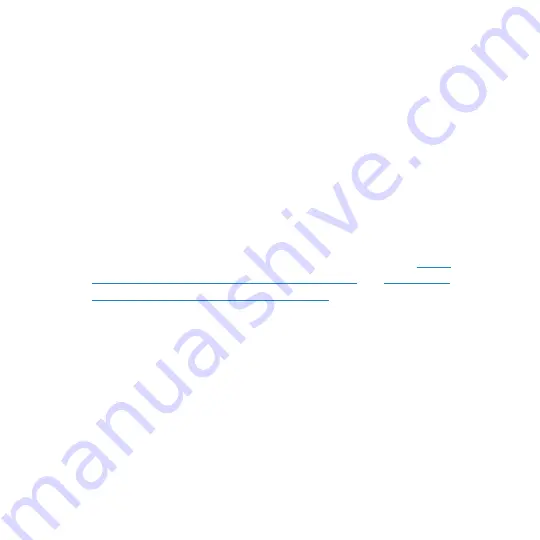
Formatting the Drive on a Mac
1. Launch Disk Utility in the Applications folder.
. The Disk Utility window will open. In the small window on the left,
click the Drive's icon.
. Click on the Erase tab. In the Erase window you will see a Volume
Format pop-up menu and a Name field.
. From the Volume Format pop-up, select a file system. If you plan to
use the Drive only on a Mac, we recommend selecting the Mac OS
Extended file system. (With some Mac OSs you have the option of
selecting journaled and/or case-sensitive file systems. Go to http://
docs.info.apple.com/article.html?artnum=10 and http://docs.
info.apple.com/article.html?artnum=10 for explanations of
journaling and case-sensitive respectively.
5. In the Name field, type in a name for the Drive.
. Click Erase. You should see an alert message: “Erasing a disk will
destroy all information…” Click Erase again. Once initializing is com-
plete, you should see the Drive listed in the Disk Utility window with
whatever name you assigned.
. Quit Disk Utility. You should now see the Drive icon on the Desktop
and in the Finder.
Summary of Contents for PDHD1000USE-72
Page 1: ...User s Guide ...
Page 4: ... 43 Obtaining service 44 Contact AcomData 45 Notices ...
Page 5: ...Getting started ...
Page 11: ...Getting to know your AcomData Drive ...
Page 18: ...Installing your pureDrive ...
Page 25: ...Using your AcomData Drive ...
Page 34: ...Help other information ...













































